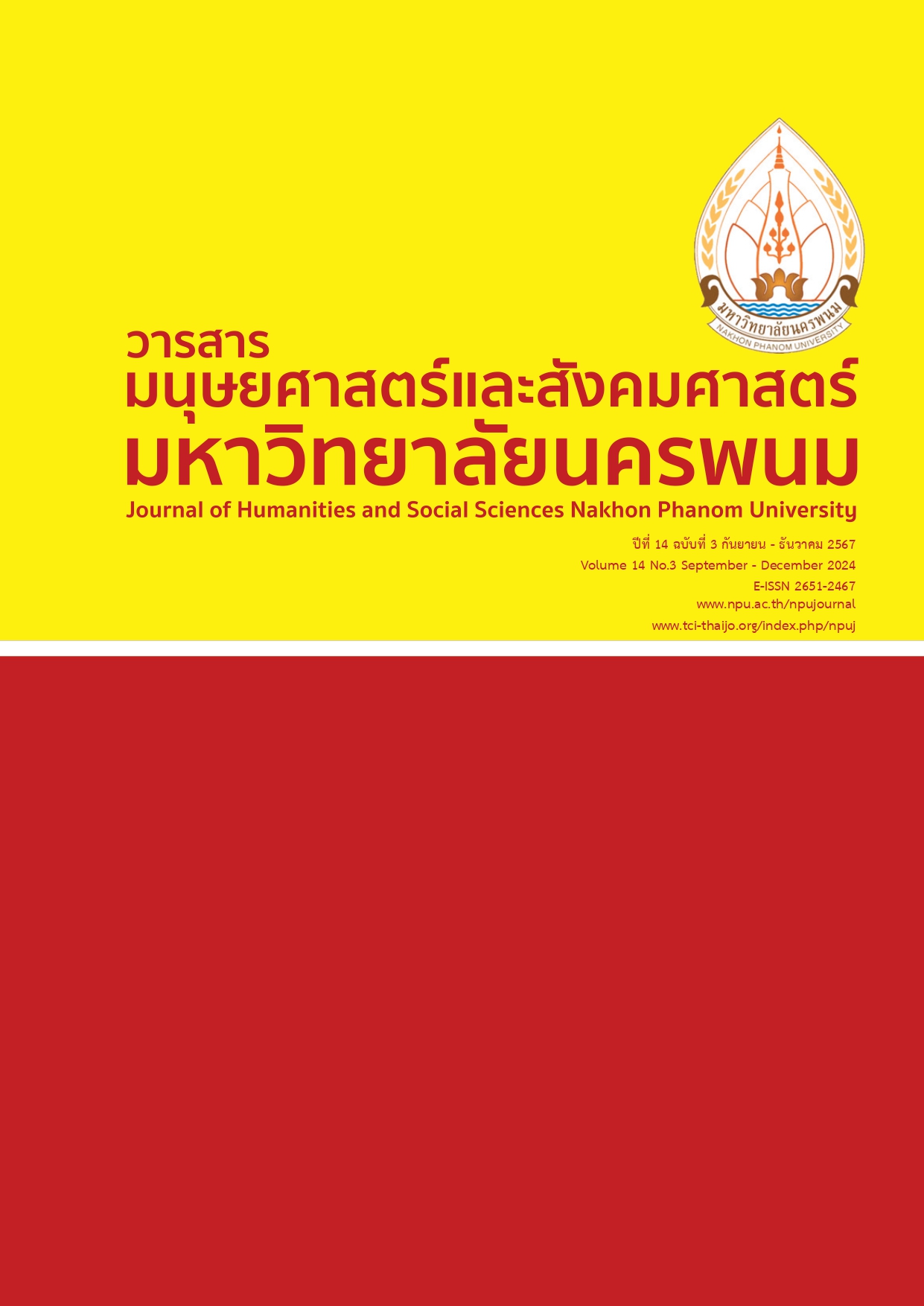Causal Factors of Creative Innovation Behavior in Business Data Science among Undergraduate Students
Main Article Content
Abstract
This study aimed to test and develop a linear structural relationship model of psychological and social factors influencing creative innovation behaviour (CIB) in business data science among undergraduate students. The study was applied from the social cognitive theory (SCT) and social exchange theory (SET) to develop a theoretical framework. A sample group consisting of 278 undergraduate students from business administration and management-related faculties was selected by using a two-stage cluster sampling technique. The data were collected using six-part questionnaires with alpha coefficients ranging from 0.71 to 0.83. The results indicated that the developing of the structural equation model of factors influencing creative innovation behaviour in business data science was consistent with the empirical data, as the following t-test value: p-value = 0.16, = 19.19, df = 14, RMSEA = 0.04, SRMR = 0.02, NNFI = 0.99, CFI = 0.99, and GFI = 0.98, which can describe that creative innovation behaviour was directly influenced by creative self-efficacy and indirectly influenced by self-leadership, self-learning in creativity, and perception on social support for creative thinking, respectively. The contribution of this research was that this research can be used as a guideline for developing policies and strategies to promote students' creative innovation behaviour, and also it can be used for curriculum design and organizing activities to develop creative thinking skills and innovation in higher educational institutions. Additionally, the research can be used as a framework for developing personnel in organizations to increase the potential in creative innovation in information-based work to increase the capability in the competition of the organization.
Article Details

This work is licensed under a Creative Commons Attribution-NonCommercial-NoDerivatives 4.0 International License.


